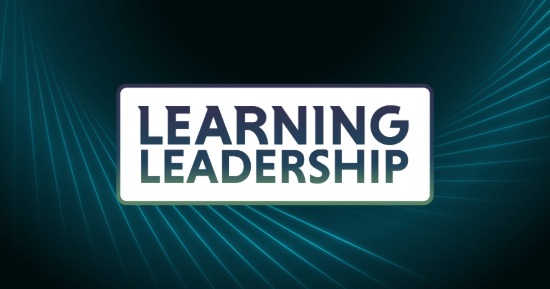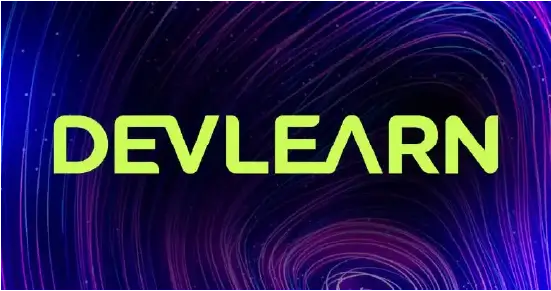
Art Kohn
Professor, ASPIRE Consulting Group
Dr. Art Kohn earned his PhD in cognitive science at Duke University and is a consultant with Google, helping the organization develop new programs which train more than 1.2 billion people. Dr. Kohn’s professional research explores how to present information in order to maximize learning and memory. He was awarded the National Professor of the Year award from the American Psychological Association and he won a Fulbright Fellowship in cognitive psychology and a second Fulbright Fellowship in distance education. He consults with organizations around the world, helping them modernize and optimize their training programs.
Latest from Art Kohn
-
Brain Science: Bursts—Creating Brief Training for Short Attention Spans
Today’s learners have little tolerance for two-day lecture courses (or two-hour lectures, for that matter). In reaction, many organizations are now wondering about micro-training: short bursts of training that fit into 10 minutes or less. Is this reaction justified by claims that goldfish now have longer attention spans than people?
-
Brain Science: Combining Brain Science and Common Sense to Improve Training
There is good news. Very good news. The fact is that we already know what needs to be done in order to promote increased retention and transfer of learning. One hundred years of scientific research in learning and cognitive psychology has already demonstrated the processes that produce this result, and they all have something in common. Read on to find out what that is.
-
Brain Science: Assessments—a Powerful Tool in Your Training Arsenal
Mention “assessment” and many of us think of “tests,” and of the associated anxiety. This can taint our thinking about evaluation within the corporate environment. But in fact assessment is a valuable tool that can aid improvement in learning and in business results. Here is a quick review of the benefits.
-
Brain Science: Testing, Testing… The Whys and Whens of Assessment
Is it possible that your training is having no effect on learners, or worse, that it is actually detrimental to the good of the company? The answer is, “Yes, it is possible,” and until you conduct systematic assessment you will have no idea whether you are really helping your organization reach its goals. Here is some help from research.
-
Brain Science: Can Training Change Your Corporate Culture?
Some scandalous questions: What are the odds that your eLearning, by itself, will succeed at changing behavior? Put another way, “Does education matter?” Will teaching people new information really get them to behave in new ways? Art reveals some research that lay hidden for years, although it opens insights into what does and does not cause groups of people to change their behavior.
-
Brain Science: Language and Its Many Meanings
It can happen that, in a class or in a discussion, people get into arguments and disagreements that keep everyone from making progress. Even worse, instead of learning, people only get frustrated, unhappy, and unproductive. Frequently, it turns out that the problem was that each person was using a particular word in a different way. Here’s a simple exercise to help get past this.
-
Brain Science: Are Learning Styles Valid?
During the last 30 years, the notion of learning styles has become popular in corporate training. This month’s column explores the concept of learning styles and examines the evidence about its pedagogical effectiveness.
-
Brain Science: Pre-training Is Essential to a Complete Training Package
When the long-term training goal is retention and transfer of skills and knowledge, effective instructional design recognizes that certain key activities before and after a learning event (including eLearning and mLearning as well as instructor-led learning) are more important to success than what happens during the learning event. This article explains what pre-training is and its benefits.
-
Brain Science: Should Learning Be Easy? How Effortful Processing Improves Retention
For many instructional designers and teachers, one finding from research is so puzzling that they reject it immediately: that infusing training with strategic difficulties and challenges dramatically improves the learner’s long-term retention. Shouldn’t learning be easy? This month, Professor Kohn looks at the research and begins the discussion of how to apply it.












